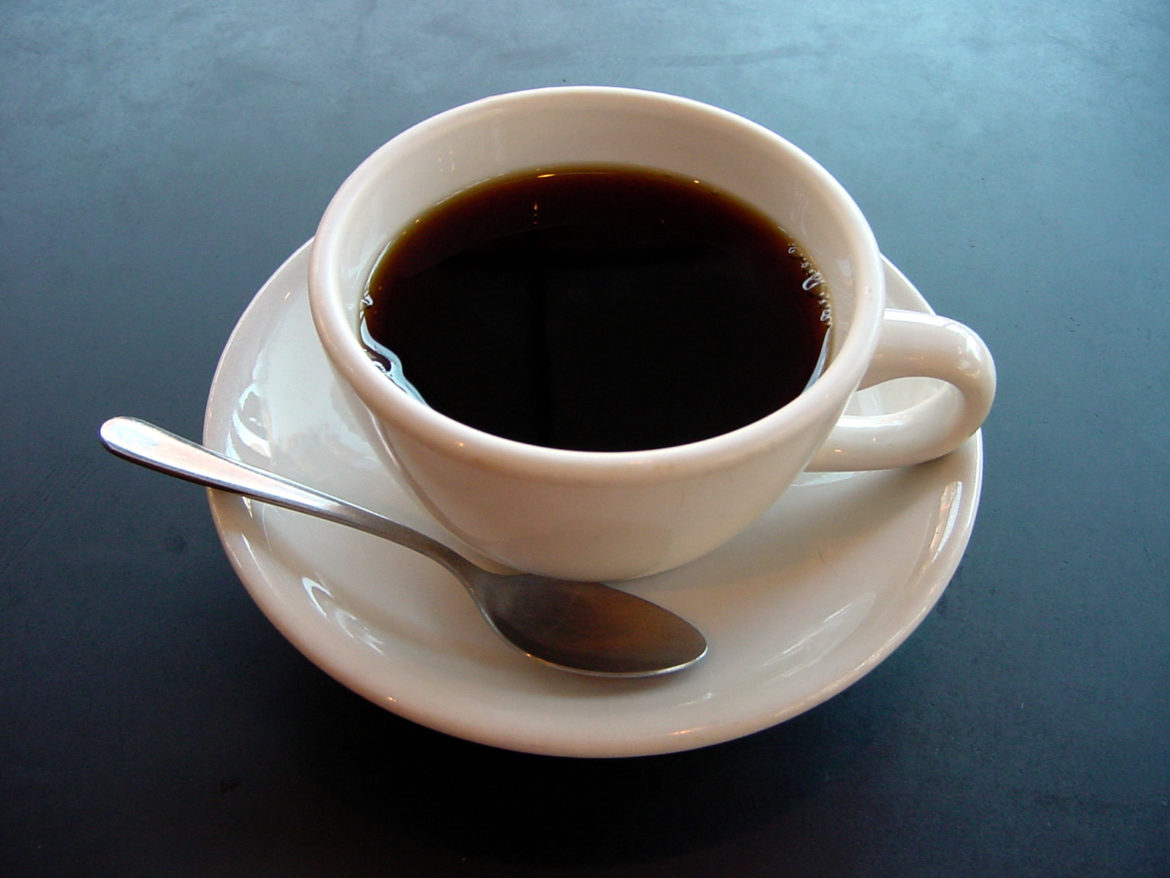Colonialism and Coffee
There is no one thing among food and beverages that have influenced Indian society as much as “Coffee”. Though coffee originated from the Middle East, the British made it popular.
In his book “In Those Days There Was No Coffee” writings in Cultural History, A.R.Venkatachalapathy, concerning many other writings and autobiographies, proves that people in India do not know the morning cup of coffee, and it entered the lives of people only very recently in the late nineteenth or early twentieth century. Coffee was the sign of modernity.
In the nineteenth century, before coffee entered Indian life, the common morning drinks were kanji (the fermented water drained after cooking rice with water and salt to taste) or cold rice-water (leftover rice soaked in water overnight). In the beginning, it was only a drink of higher classes. Slowly even the lower castes started consuming it. It was said that the coolies who were looking forward to kanji or cold rice-water started asking for coffee before starting their work. Instead of butter mild or curd in between the works, they started demanding coffee.
Coffee was not a mere substitute for some traditional drink[1]. It was a drink in its own right. The incursion of coffee into Indian society was marked by cultural anxiety, which was matched only by the enthusiasm with which it was consumed. A.R. Venkatachalapathy refers to an advertisement of 1947, which read, “Coffee is the elixir that drives away weariness. Coffee gives vigour and energy.” Some conservatives declared that coffee drinking is not required in our nation and our ancestors never consumed coffee. Some even compared it to liquor. Despite this, coffee gained popularity.
Interestingly, an organ of the Women’s Indian Association argued that these days, the enemies called tea and coffee had entered all homes, wreaking havoc. They are not food. They seem to stimulate cheer for a little while after drinking but gradually subvert the vitality of the digestive organs, and when the body is weak, they create all sorts of unknown diseases.
A.R. Venkatachalathy mentions the words of Mariamalai Adigal: “In the last few years people have started to consume coffee, tea, cocoa and liquor. Many people consume coffee decoction as many as 4 times per day. Even the country fold who never knew this drink have learnt to drink these beverages and now proclaim that they cannot live without them.”
Stri Dharma (1926) wrote about the ill effects of coffee. “Two cups of coffee has become an order of the day. The number of women who are proud of feeding their children cups of coffee is on the list? This habit has taken over even aged women. These older women who were once adept in home remedies no rust to the doctor, making a beeline for the hospital for the slightest headache.
If older women lost touch with home remedies emaciated by coffee drinking, young women cannot suckle their children with the god-given ambrosia-like breast milk and instead fee them with bottled milk bought with money. Moreover, after the spread of coffee-drinking avaricious milkmen milked the cows dry, depriving the calves of milk and thus impoverishing the cattle wealth of the nation.
With the widespread of coffee drinking, “Coffee Hotels” or “coffee club” which served coffee or tea with tiffin emerged in the towns and cities of Tamilnadu and so is in other parts of India. A keen observer of contemporary culture, A.K. Chettiar[2], wrote, “…the coffee hotel is not just an eating joint. In villages, it is a place of congregation. In towns, it is the place where traders clinch deals. Wage-earners, school-going students and sub-editors, who down ‘half a cup’ bu the hour –all depend on the coffee hotel. These are sick of homemade food that goes to eat at these hotels with their family every week.
There were hang boards that reserved space for certain castes. The hang boards on the coffee hotels read Brahmins, Shudras Panchamas. In 1929, a resolution was passed condemning coffee hotels that reserved space for Brahmins and urging local authorities to withdraw licences to such establishments. Thus, this discrimination was abolished.
The British rule affected the whole life of Indians. Indians were never the same after the colonial rule of the British. The Indian culture, transport, trade, agriculture, education and economic aspects were completely changed, some for good and some for bad. The same kind of impact we can find in most parts of the world that were colonized. It is a great relief that there is no more colonization taking place in the world.
[1] A.R. Venkatachalapathy, In Those Days There was No Coffee
[2] A.R. Venkatachalapathy, In Those Days There was No Coffee

